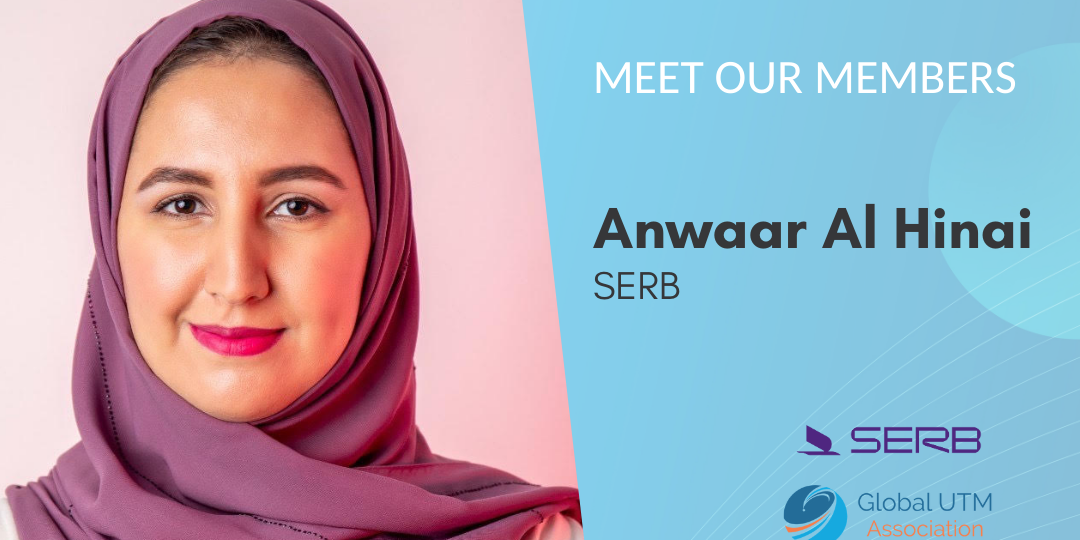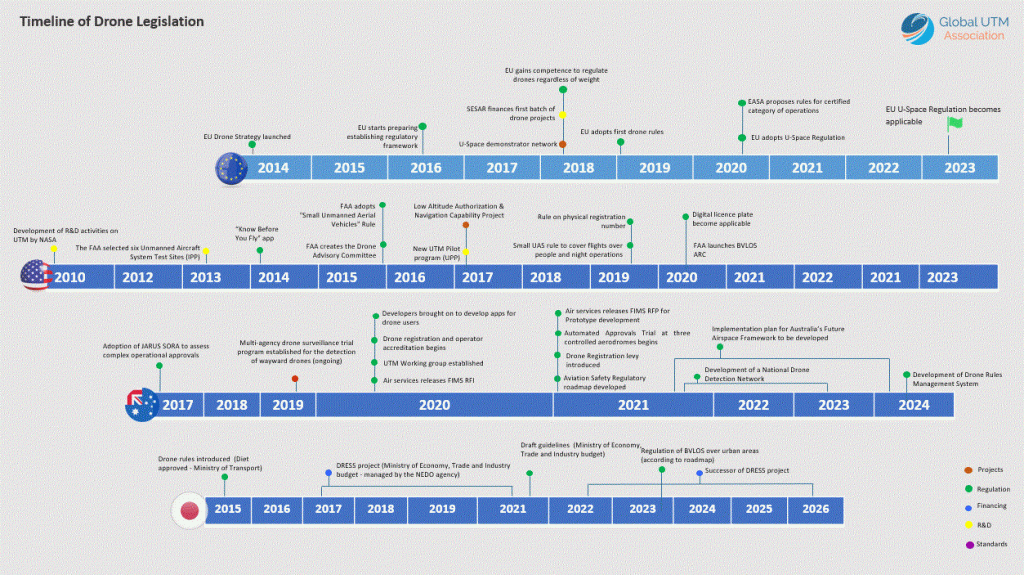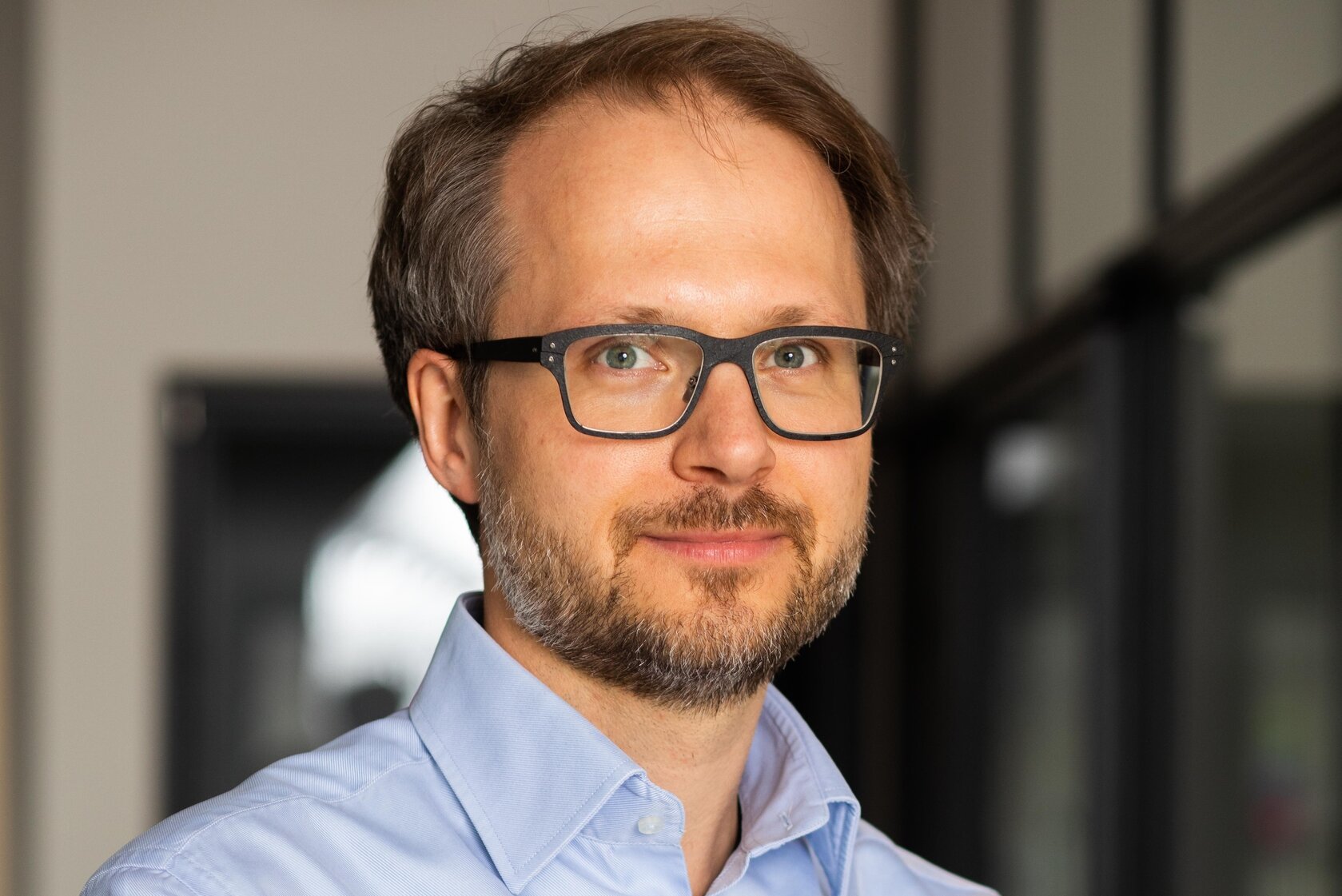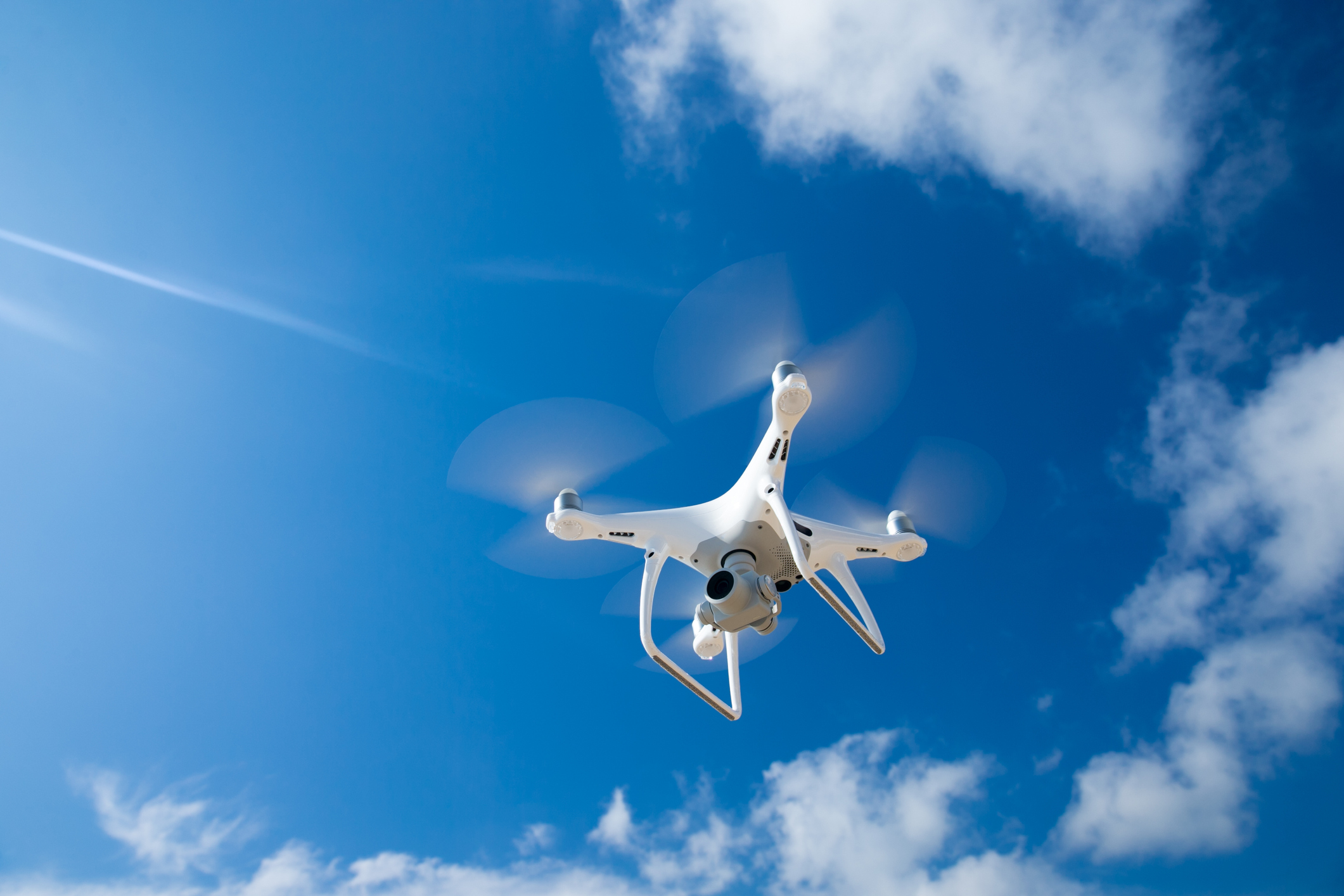
We talked to Anwaar Al Hinai, Co-founder and CEO of SERB (formerly AirGo), about her vision of the industry challenges and involvement in GUTMA .
“Being a member of GUTMA empowers us to actively shape the future of drone technology and its integration into airspace. Collaborating within this global association allows us to contribute our expertise, influence regulatory developments, and foster seamless and safe drone operations worldwide. Together, we are driving innovation, setting industry standards, and unlocking the full potential of drones for a sustainable and connected future.”
Anwaar Al Hinai, Co-founder and CEO of SERB
What is SERB and what is its role and involvement within GUTMA?
SERB is a leader in innovative drone management solutions. It strives to provide a cutting-edge UTM platform that empowers safe and efficient drone operations for operators, managers, and regulators. With active collaborations, SERB contributes to shaping drone regulations and fostering seamless integration into airspace. As an active member of GUTMA, SERB aims to enhance the development and implementation of UTM systems. It strives to ensure the seamless integration of drones into airspace by working on interoperability standards, data exchange protocols, and coordination mechanisms. Being a member of GUTMA gives SERB a vested interest in contributing to the association’s goals and collaborating with other stakeholders in the drone industry.
According to you, what are the biggest industry challenges at the moment?
I believe one of the foremost challenges in the drone industry is developing appropriate regulatory frameworks. Governments and aviation authorities worldwide are working to establish clear rules and guidelines that strike a balance between ensuring safety, respecting privacy concerns, and fostering innovation. Additionally, safety and security are significant challenges that need to be addressed in the drone ecosystem. We face issues regarding mid-air collisions, the integration of drones with manned aircraft, cybersecurity threats, and unauthorized drone activities in sensitive areas. Furthermore, the industry faces challenges regarding standardization and interoperability in integrating drones and UTM systems.
By establishing common standards, protocols, and communication frameworks, we can ensure that different UTM systems and drone platforms can seamlessly interact and exchange data. The final challenge is building public acceptance and trust in drones. Addressing concerns related to privacy, noise pollution, and the potential misuse of drones is necessary. Our role in this industry involves educating the public about the benefits of drones, implementing responsible operational practices, and ensuring the transparent and ethical use of drone technology.
A word about the need to be working along the full ecosystem/value-chain?
Having a comprehensive ecosystem/value-chain is absolutely crucial for the successful development and implementation of drone technology and UTM systems. The key to achieving success lies in strengthening cooperation among all stakeholders. This includes drone manufacturers, service providers, regulators, airspace managers, and end-users. It is essential that we come together to address the various challenges and unlock the full potential of drones.
To ensure effective collaboration, stakeholders must strive to seamlessly integrate the entire ecosystem. Drone manufacturers can collaborate closely with UTM service providers to ensure that their drones are compatible with the UTM infrastructure and meet the necessary requirements for safe and efficient operation. Regulators, on the other hand, should engage with industry experts and stakeholders to develop regulations that are not only practical and enforceable but also supportive of innovation.
I firmly believe that a strong ecosystem/value-chain promotes innovation and fosters the development of comprehensive solutions. Furthermore, involving end-users in the development process is of utmost importance. By considering their needs and perspectives, we can design solutions that are practical, user-friendly, and aligned with the specific requirements of different industries and applications. This user-centric approach is vital for driving progress in the drone industry and ensuring its widespread acceptance and success.
ABOUT ANWAAR AL HINAI
Anwaar Al Hinai is an accomplished entrepreneur, recognized as the visionary Co-founder and CEO of SERB Company. With a Master’s Degree project in Designing UTM Systems from Keio University in Japan and a Bachelor’s Degree in Chemical Process and Engineering from Sultan Qaboos University, Anwaar possesses a unique blend of technical expertise and business acumen.
During her time at Keio University, Anwaar’s passion for innovation led her to develop a groundbreaking UTM (Unmanned Traffic Management) System. Recognizing its potential impact, she propelled this project from a master’s endeavor to a nationwide UTM system in Oman.
Under Anwaar’s and Co-founder Malik AlNabhani’s leadership , SERB Company has achieved remarkable milestones. Notably, the company secured two significant investment rounds from OTF (Oman’s Technology Fund) and the Saudi Company, Forming Future, affirming its potential and propelling it towards exponential growth.
Anwaar’s relentless pursuit of excellence and her unwavering dedication to revolutionizing the UTM industry have earned her recognition as a trailblazer and a true driving force behind SERB Company’s success.
















